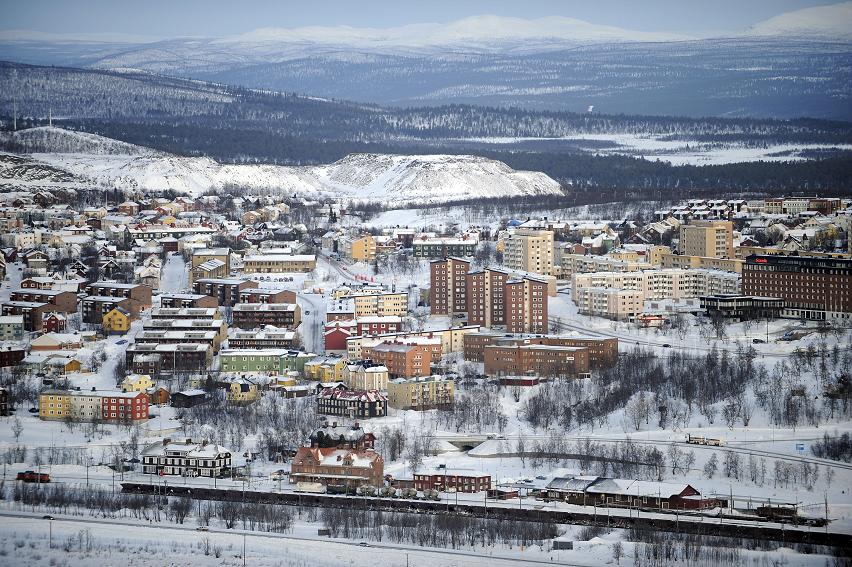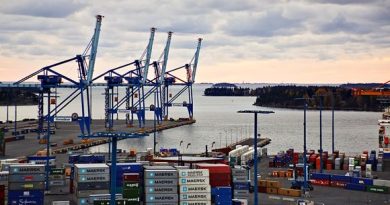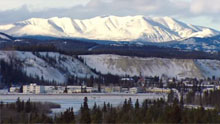Inuit organization optimistic about Canada’s Arctic Council mandate

(Olivier Morin, AFP)
The leader of Canada’s national Inuit organization, Inuit Tapiriit Kanatami(ITK), says he’s optimistic about Canada’s upcoming chairmanship of the Arctic Council.
Terry Audla, president of ITK, says the world’s circumpolar countries face a host of complex issues including climate change, international shipping and resource development.
But Canada’s upcoming chairmanship, led for the first time by a Inuk – Canada’s health minister Leona Aglukkaq, – will help educate Canadians and the international community about the Arctic and the people to live there, Audla says.
“The optimism comes from the fact that Inuit are now on the radar of the rest of the world,” he says. “They (will) start realizing that Inuit do have control over their resources – non-renewable and renewable – and they have to be involved in the decision making process when it comes to development of their areas.”
But there are still unresolved issues to be addressed, Audla says.
The European Union has applied for permanent observer status on the Arctic Council, something indigenous organizations are concerned about given the effect the EU seal ban has had on Inuit communities.
To find out more, Eye on the Arctic’s Eilís Quinn reached Terry Audla at his office in Ottawa, Canada.
To listen to their conversation


